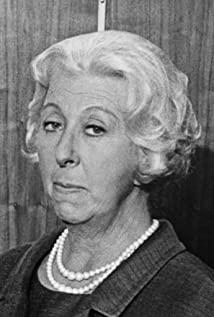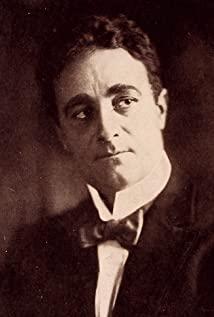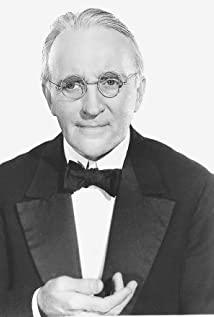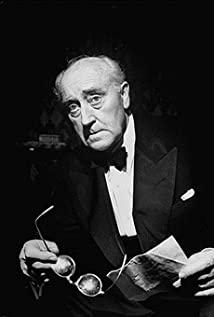Some argue that Mara's tragedy is a character tragedy. On the eve of the wedding, Roy is ordered to go to the front lines, and Marla is in financial trouble by losing her job to send him to a late show. In the correspondence with Roy, Mara was reluctant to disclose her situation because of her self-esteem and love; she would rather go hungry than sell the flowers sent by Royto; the first meeting with Roy's mother, She didn't ask for help either; Roy wanted to marry her when he came back, and Mara, who had become a prostitute, didn't dare to confess or deceive, but chose to leave secretly, and finally said goodbye to this poignant love on Waterloo Bridge. That's right, all of the above are caused by Mara's character. She can't get rid of it and is powerless to change. Even if God gives her another chance, she will go to tragedy. However, what I see more in this story is a great woman who is self-respecting and self-reliant. In recent years, there is a very popular term called "objectification of women", which means that men treat women as material to price and consume. In fact, some women are also trying to objectify themselves. 30 million derailed greenland Zhang Yuting and the like are too numerous to mention. Unlike these women, Mara sticks to the bottom line of equality between the two in love. She believes that once she reaches out to a man, the two sides will be out of balance in this binary relationship. In the end, why did she choose to leave, because if she was deceived, she could be deceived for a while but not forever, and the secret in her heart would inevitably cause internal injuries; if she confessed, even if Roy and his family accepted her, the eternal guilt and indebtedness would also be lost. Depriving marriage of equality... Neither confession nor deceit can lead to happiness. This is a cultural and ideological conflict caused by the rise of modern feminism in the West, and the East still has a long way to go.
View more about Waterloo Bridge reviews











